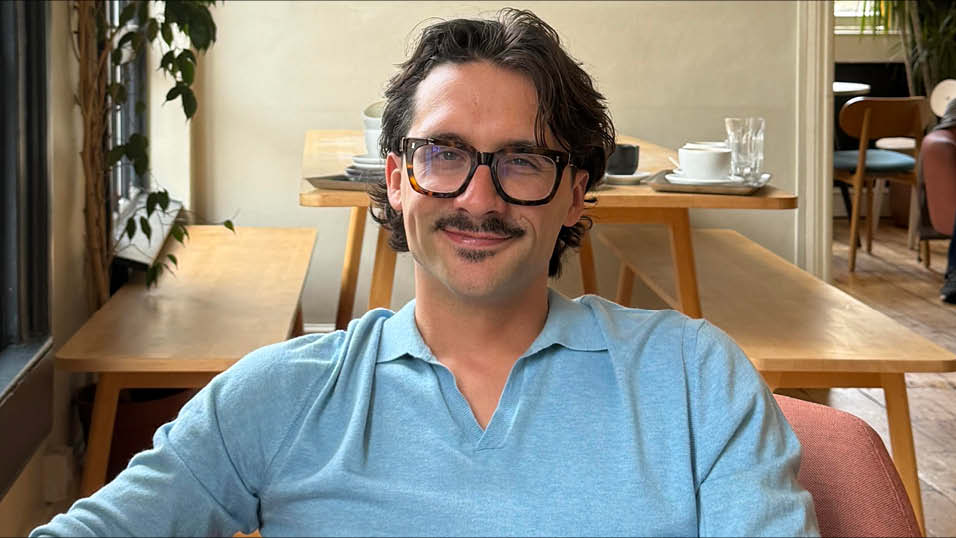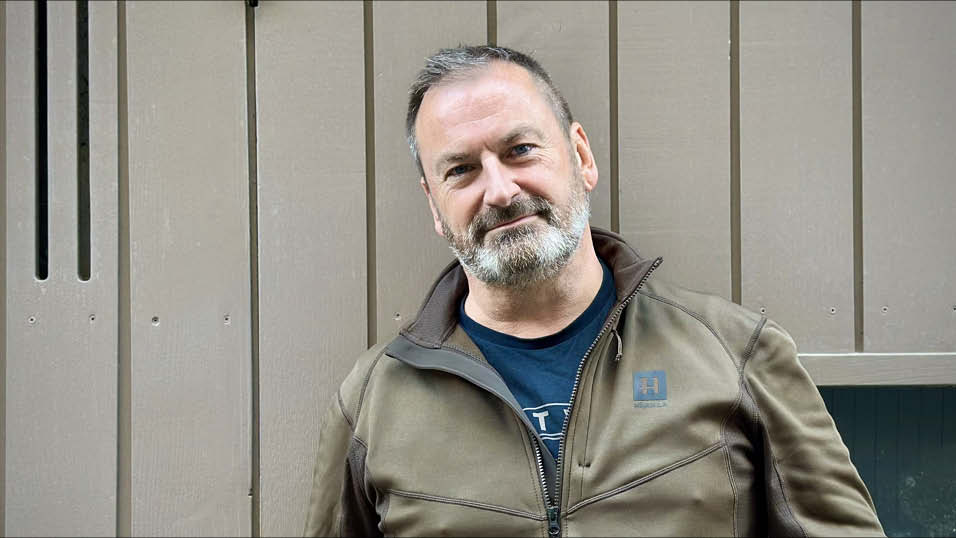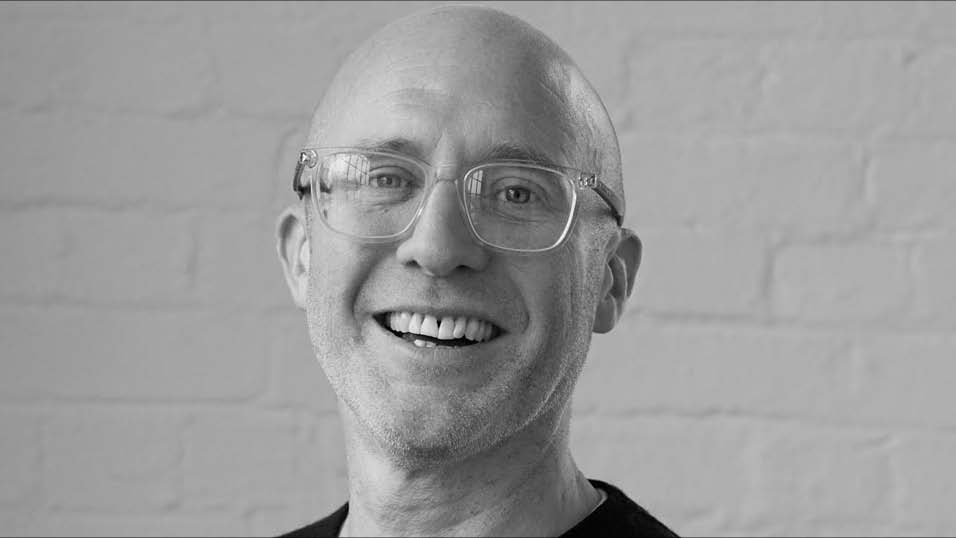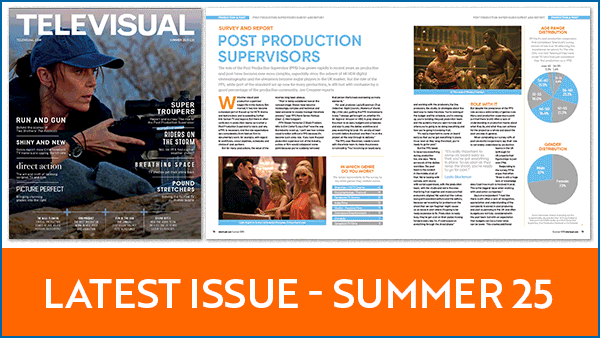Zeb Chadfield, Founder of post house The Finish Line, talks about the systemic failures that lead to exploitative practices in the UK’s post production sector.
When I left the industry in Australia for the UK’s renowned post production scene, visions of British industry giants like The Young Ones, Monty Python, and David Attenborough fuelled my dreams. Reality proved harsh. Half the pay, double the hours, outdated equipment, and a work culture that eventually triggered a mental breakdown revealed a darker truth about an industry I had idolised since I was a child.
A groundbreaking report by the TV Industry Human Rights Forum, led by Amelia Knott, confirms that my experience wasn’t unique. The investigation exposes a troubling pattern of exploitation within post production: gruelling hours, inadequate support for workers handling traumatic content, and systemic barriers to diversity. Most concerning is how these practices disproportionately affect entry-level workers, the very talent meant to shape the industry’s future.
I recently spoke with Amelia, who describes the systemic failures bluntly: “Broadcasters are more than financiers; they make decisions at every stage of the process. It is incumbent on them to understand and address the human rights risks in the making of their programmes.” Her words highlight the urgent need for accountability among those commissioning work, not just those delivering it.
One of the most pressing issues identified in Knott’s report, and something I’ve been championing for over a decade, is the industry’s failure to adapt processes or adjust expectations in response to shrinking budgets. While increased investment is needed to support security and sustainability in post production, reduced budgets aren’t inherently problematic if workflows are adjusted to meet constraints, or expectations for the end product are recalibrated. When this doesn’t happen, the cost lands on those at the bottom of the ladder, who sacrifice their well-being to meet unrealistic demands.
Rather than embracing modern workflows and technology that could reduce costs while maintaining quality, many facilities instead default to illegal, barely legal, or ethically questionable practices. This perpetuates a cycle of exploitation, driving skilled professionals out of the industry. Knott describes the situation succinctly: “Having worked on human rights across a range of industry sectors, I was particularly struck by the extent to which people tolerate really poor working conditions in post and feel so disempowered to change them.”
To move away from exploitative practices, the industry must embrace meaningful reforms, starting with the processes themselves. Facilities, broadcasters, and producers need to align expectations with resources and leverage innovation to maintain quality without sacrificing workers’ health and safety. Eliminating exploitative entry-level practices that don’t offer training or career progression is critical. Workers handling traumatic material must also receive proper warnings and support, while realistic working hours are essential to preserve productivity and mental fitness so that everyone can work at their best. Clear agreements outlining mutual responsibilities and expectations would also ensure fair treatment and accountability across the board.
When implemented, these changes ensure a healthier workforce, more efficient workflows, and higher-quality output, benefitting broadcasters, production companies, post production vendors, and audiences alike. As Knott’s report highlights, ethical practices don’t necessarily come with higher costs. “There are some great examples of ways to do post production better, demonstrating that it doesn’t have to be this way,” she notes.
Another critical issue is procurement practices. Many post production facilities rely on taxpayer-funded bailouts to cover budget gaps. I often refer to these as Zombie companies, not phoenixes rising from the ashes, but entities repeatedly resurrected from the dead without addressing the flaws that caused their collapse. This approach undermines the work of sustainable businesses, creating an environment where ethical companies struggle to compete. The result is fewer viable businesses and a proliferation of sweatshop-like conditions. Without addressing these systemic flaws, companies that engage in questionable practices will continue operating unchecked. Knott draws a parallel with the financial sector: “In the financial sector, banks are increasingly recognising their responsibilities as financiers of projects.” This principle must extend to broadcasters and producers, who should adopt transparent auditing systems to spotlight ethical companies and pressure others to reform.
The UK post production sector’s reputation for creativity and technical innovation is at risk. Reliance on outdated, exploitative practices not only compromises the quality of work but also drives talented professionals out of the industry in search of basic human rights, such as a healthy family life. To secure a sustainable future, broadcasters and producers must work together to establish an industry-wide code of conduct. Post production facilities, in turn, must proactively implement simple but impactful sustainability measures: managing working hours, creating clear career pathways, improving accessibility, and tagging and flagging potentially distressing content while providing safe opt-out options or support for creatives handling the material.
By aligning processes with modern workflows and technology while prioritising worker well-being, the industry can deliver better outcomes for everyone involved. Reform is not optional, it is essential. As Knott optimistically concluded: “It will take concerted industry action to change entrenched norms and behaviours at the root of many issues, but I hope this report will help galvanise the change that is needed.”
Addressing these systemic issues can create a post production industry that values its people as much as its output. For the next generation of professionals, this change is critical. Let’s hope this report becomes the catalyst for an industry-wide commitment to a fairer, more sustainable future.
Jon Creamer
Share this story

















